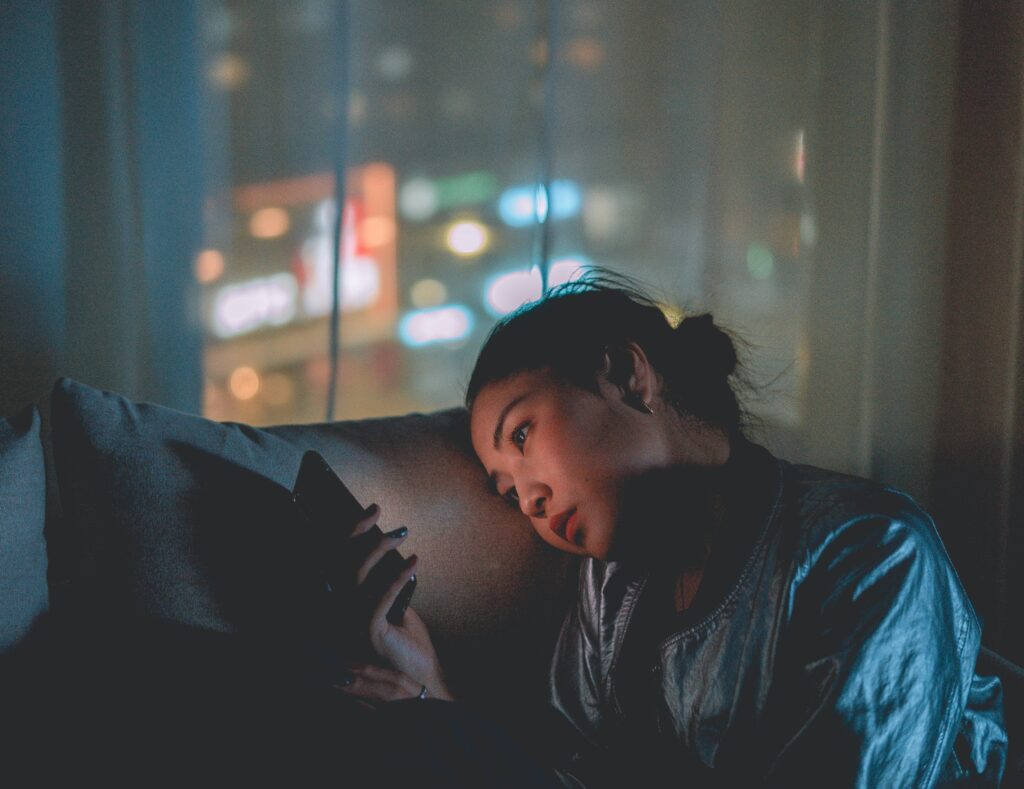
The social media beauty standard and how we can reject it
By: Alexis Stafford
The phrase “lipstick on a pig” has been inescapable on social media. The meaning behind it is disheartening, especially when so many young people’s self-esteem takes a major hit due to impossible beauty standards.
President Barack Obama used the phrase in 2008 at one of his campaign events by saying, “You can put lipstick on a pig but it’s still a pig.” The idiom is used to refer to trying to embellish something in an attempt to hide what’s really behind it. Even though he was using it in reference to politics, a lot of people have a more personable relationship with the expression.
I’ve seen countless posts on social media about how young women often feel dispirited when doing their makeup or dressing up. They use the expression to talk about their feelings in regards to beauty, more specifically about how they feel they lack it. The hashtag “lipstick on a pig” has over 51 million views, and all the videos consist of young women who connect with the phrase. One TikTok user by the name of Cherry Bxmb posts a video of her doing makeup with the text saying, “Spending hours on my hair and makeup just to put on a filter because I’m not ‘Tik Tok pretty.’” A lot of how they feel can be attributed to the impossible beauty standards that women have been expected to uphold since the beginning of time; however, with how popularized social media is, platforms like Instagram, Pinterest and TikTok perpetuate these ideals.
One article from Trinitonian defines the beauty standard during the digital age as “hourglass figures and teeny tiny waists, overly plump lips and shrunken noses, even excessively defined musculature.” Keeping up with these ideas of what is considered attractive is completely unachievable without other measures being taken, such as highly edited pictures, excessive usage of filters, or even plastic surgery. Even those who have profited off of fitting into this mold of perfection have a difficult time maintaining this image. In April of 2021, Khloé Kardashian had an unedited bikini picture of her posted without her knowledge, which she then demanded was taken down. She shared a statement to her Instagram account saying, “It’s almost unbearable trying to live up to the impossible standards that the public have all set for me.” This sparked a conversation about if someone like Khloé Kardashian, an extremely wealthy reality star, cannot sustain the beauty standard she and her sisters helped manufacture, then how should everyone else be able to?
If you ever find yourself in the position of comparing yourself to other people you see on social media, you may want to consider a social media detox. Gary Goldfield, Ph.D., of Children’s Hospital of Eastern Ontario Research Institute, conducted a study in February of this year where teens and young adults were asked to cut down their usage of these social media platforms. The results indicated that when subjects cut their time on social media by 50%, their self-image improved considerably in merely a matter of weeks. Having constant exposure to people who are deemed conventionally attractive and successful is not at all normal or healthy for developing minds. Goldfield argues that social media is attributed to the “dissatisfaction with body weight and shape” because of the “internalization of beauty ideals” that are reinforced by celebrities and social media influencers, resulting in the misunderstanding that success is directly tied to how attractive you appear to the masses.
There have been strides in the right direction to come up with a solution for the impossible beauty standard, and it all comes down to one thing: resistance. It is crucial that those who have a platform continue to discuss the harmful portrayal of beauty in the media. Some of the biggest celebrities in the world, such as Zendaya, Florence Pugh, Olivia Rodrigo and several others have spoken about overcoming the pressures of trying to look a certain way. By being open about their struggles, others who are experiencing the same thing will find comfort in knowing they aren’t alone.
Collectively, we need to redefine what beauty is to protect the younger generations from the immense pressure we all felt growing up while social media began taking off. By being more cautious of how we speak about ourselves and others, younger children will not have to see this constant critique of how we look as acceptable. While putting lipstick on a pig does not change that it is still a pig, tearing yourself down for how you look will not change the fact you were once a child who fell victim to this fabricated idea of beauty. Next time you look in the mirror, be kinder to yourself as one day others will look up to you in the same way we look up to people on the internet.
